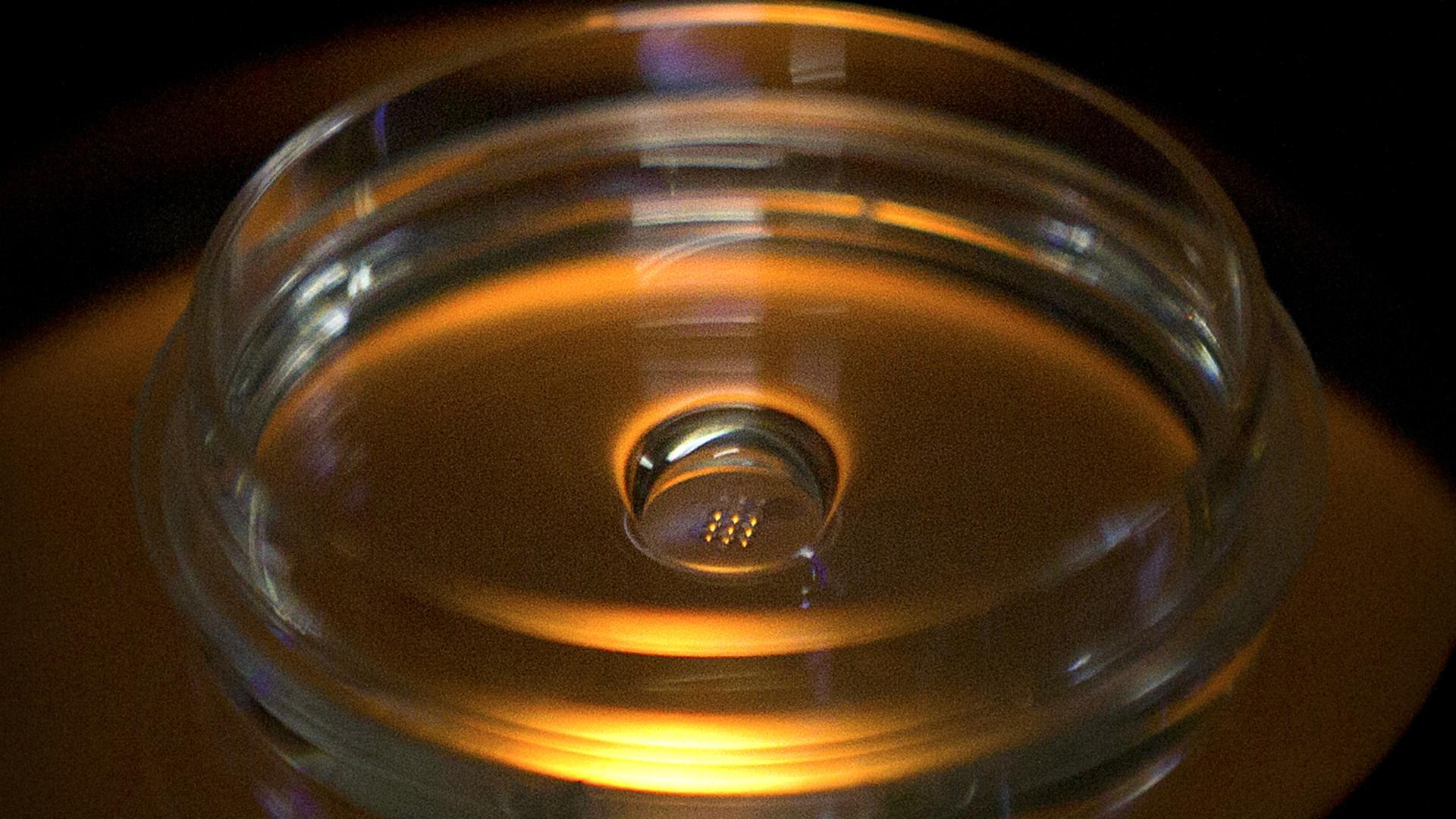Walter Isaacson has made a habit of profiling world-changers: innovators who, through their discoveries, upend the way we live. Recently, he’s been preoccupied with individuals who have unlocked what he calls “fundamental kernels of our existence” — first, Albert Einstein and the atom, then Steve Jobs and the bit, and now, in his latest work, Jennifer Doudna and the gene.
In “The Code Breaker,” Isaacson dives into the CRISPR revolution and how the booming field of gene editing is altering how we treat disease and think about what it means to be human. Doudna, who shared the 2020 Nobel Prize in Chemistry for her role in developing CRISPR, is Isaacson’s centerpiece as he guides readers through this new frontier and the pressing moral questions that sophisticated, cutting-edge biological tools now pose.
Three takeaways
- The technology underpinning CRISPR-based gene editing is derived from the unique immune system of bacteria, which takes a genetic “mug shot” of invading viruses. This allows bacteria to recognize, target and demolish viruses that attack again. Humans have harnessed this natural phenomenon to create gene-editing tools that can target and alter human DNA.
- Isaacson predicts we’re entering a biotech revolution that will be “20 times more important” than the dawning of the digital age. “Connecting our ability to code microchips with our ability to code molecules” will, according to Isaacson, allow humans to understand and alter our biology in stunning ways. He thinks curing devastating diseases should be our first priority instead of trying to enhance our species.
- Isaacson began to profile Doudna years before she was a Nobel Prize winner. He says he chose her over other CRISPR titans because of her engagement with CRISPR’s ethical issues and preoccupation with RNA over DNA, which Isaacson considers the “more interesting molecule.” RNA, the centerpiece of Doudna’s scientific studies, acts as a middleman between DNA and proteins and has been central to both CRISPR and the development of COVID vaccines.
